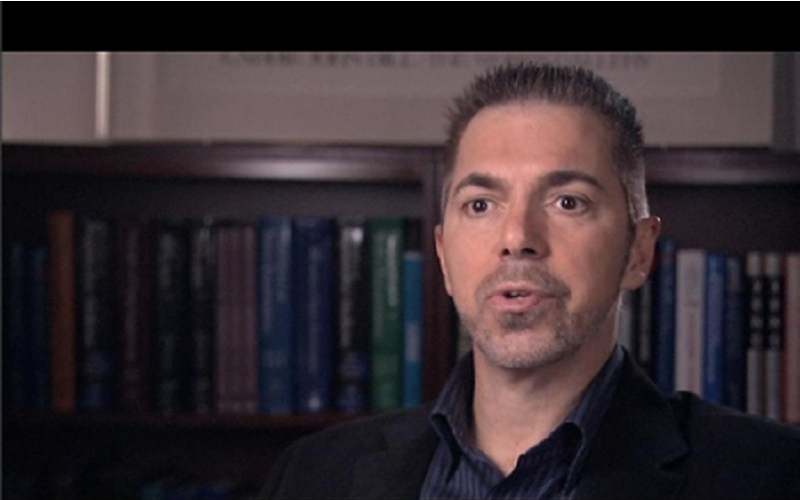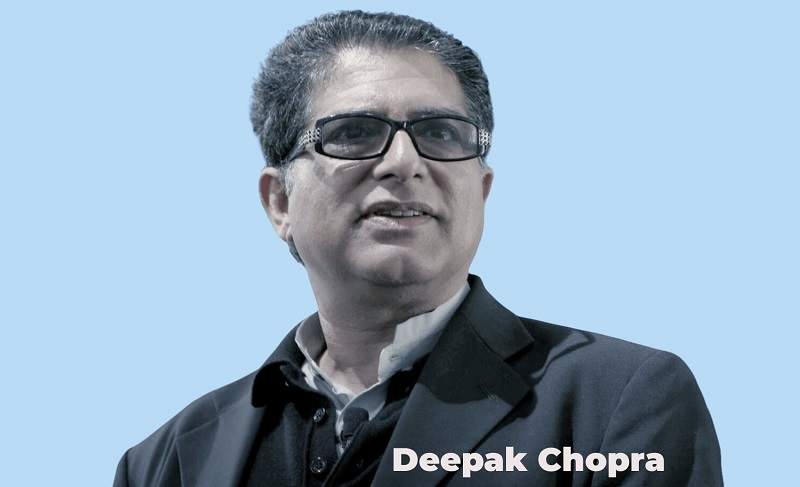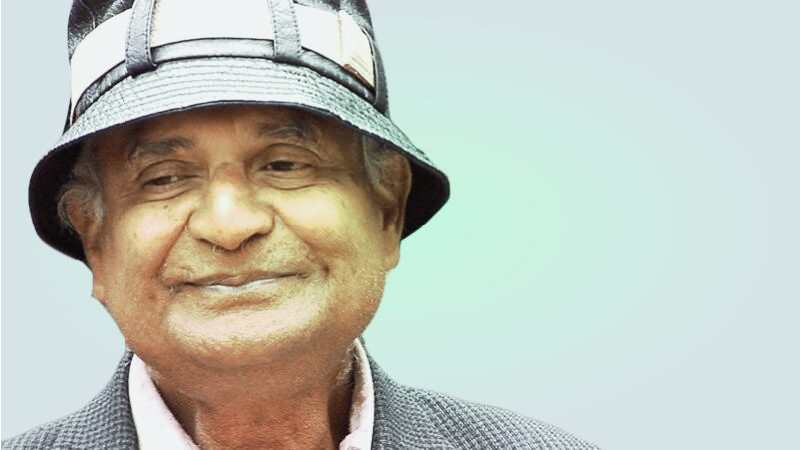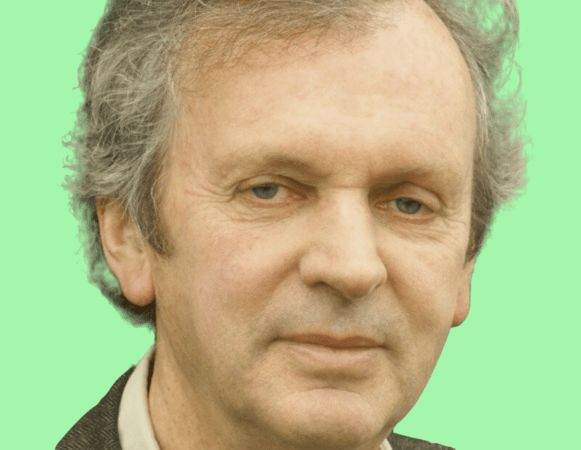
Biocentrism Debunked is a philosophical concept that centres on the reverence for all living beings, asserting that they possess inherent worth and deserve ethical consideration.
It is rooted in the belief that every creature has value and emphasizes their interconnectedness within ecosystems. It challenges anthropocentric perspectives and promotes balanced environmental conservation.
This article delves into the intricacies of biocentrism, its historical roots, notable figures in the debate, arguments for and against its validity.
What is Biocentrism
Biocentrism is a theory proposed by Robert Lanza that suggests our consciousness creates the universe, in contrast to the conventional idea that the universe gives rise to consciousness.
Origin of Biocentrism
The journey of Biocentrism Debunked’s conceptualization involves a radical shift from anthropocentric worldviews, emphasizing the equal importance of all life forms. It has influenced environmental policy and sparked debates about its impact on societal progress and economic growth. Despite challenges, it remains influential in eco-philosophy circles.
Biocentrism Debunked
Biocentrism, a theory proposed by Robert Lanza in 2007, challenges conventional ideas about the nature of the universe and the relationship between consciousness and reality. At its core, it suggests that our consciousness creates the universe rather than the universe creating our consciousness.
This theory raises profound questions about concepts like time and space, asserting that they exist only within the realm of human perception and consciousness.
Notable Theorists and Their Contributions
Here are some notable theorists who contributed to Biocentrism Debunked. These are as follows.
Robert Lanza

Pioneering Biocentrism Robert Lanza is a key proponent of the theory of Biocentrism, which challenges conventional beliefs about the relationship between consciousness and the universe. It posits that our consciousness creates the universe, offering a paradigm shift in our understanding of reality.
Deepak Chopra

Rupert Sheldrake
Advancing Morphic Resonance Theory Rupert Sheldrake has significantly contributed to developing the morphic resonance theory, which challenges traditional scientific perspectives.
This theory proposes the existence of collective memory or influences that shape patterns and behaviors in nature, opening new avenues for understanding biological and behavioral evolution.
Amit Goswami

Goswami’s contributions underscore the profound implications of consciousness in our understanding of the universe.
Arguments Against Biocentrism
Critics raise concerns about biocentrism’s scientific validity, potential anthropocentric bias, practical application challenges, and moral implications. These debates deepen our understanding of the theory.
1. Scientific Critiques
Scientific critiques highlight the lack of empirical evidence, reliance on philosophical arguments, and inability to objectively test or measure its claims. When compared with quantum physics, it further reveals disparities.
2. Inconsistencies in Theory
Inconsistencies within biocentrism, such as contradictions between life creating the universe and objective reality, are scrutinized. Critics question whether biocentrism can comprehensively explain the universe’s nature.
3. Philosophical Disputes
Biocentrism’s ethical implications stir philosophical disputes, with diverse interpretations across cultures. Cultural influences complicate the discussions as different cultures adopt and adapt biocentric views differently.
4. Lack of Empirical Evidence
One of the primary reasons scientists are hesitant to embrace biocentrism is its need for empirical evidence. The theory relies heavily on abstract concepts and does not provide concrete experimental data to support its claims. Without empirical evidence, many scientists view biocentrism as speculative and unverifiable.
5. Unfalsifiability
Critics argue that it is unfalsifiable. Science relies on falsifiability as a fundamental principle. It remains outside scientific inquiry without the ability to test a theory’s validity. Biocentrism’s unfalsifiability makes it challenging to garner support within the scientific community.
Biocentrism Vs Quantum Physics
While biocentrism and quantum physics share similarities in positing consciousness’s role, the former lacks empirical evidence. Quantum physics principles do not necessarily validate biocentrism’s broader claims.
Conclusion
Biocentrism challenges our understanding of life and reality despite criticisms and controversies. Whether one chooses to see life through a biocentric lens or stick with traditional views, the exploration continues.
Frequently Asked Questions (FAQs)
How does it differ from traditional theories about the universe?
It challenges traditional notions of an objective, external reality by asserting that concepts like time and space exist only within human perception and consciousness.
Can Biocentrism be scientifically validated or disproven?
You can not test or prove false using traditional scientific methods. As a result, it remains outside the scope of conventional scientific inquiry. Its validity or invalidity is thus a subject of ongoing debate and philosophical discussion.






